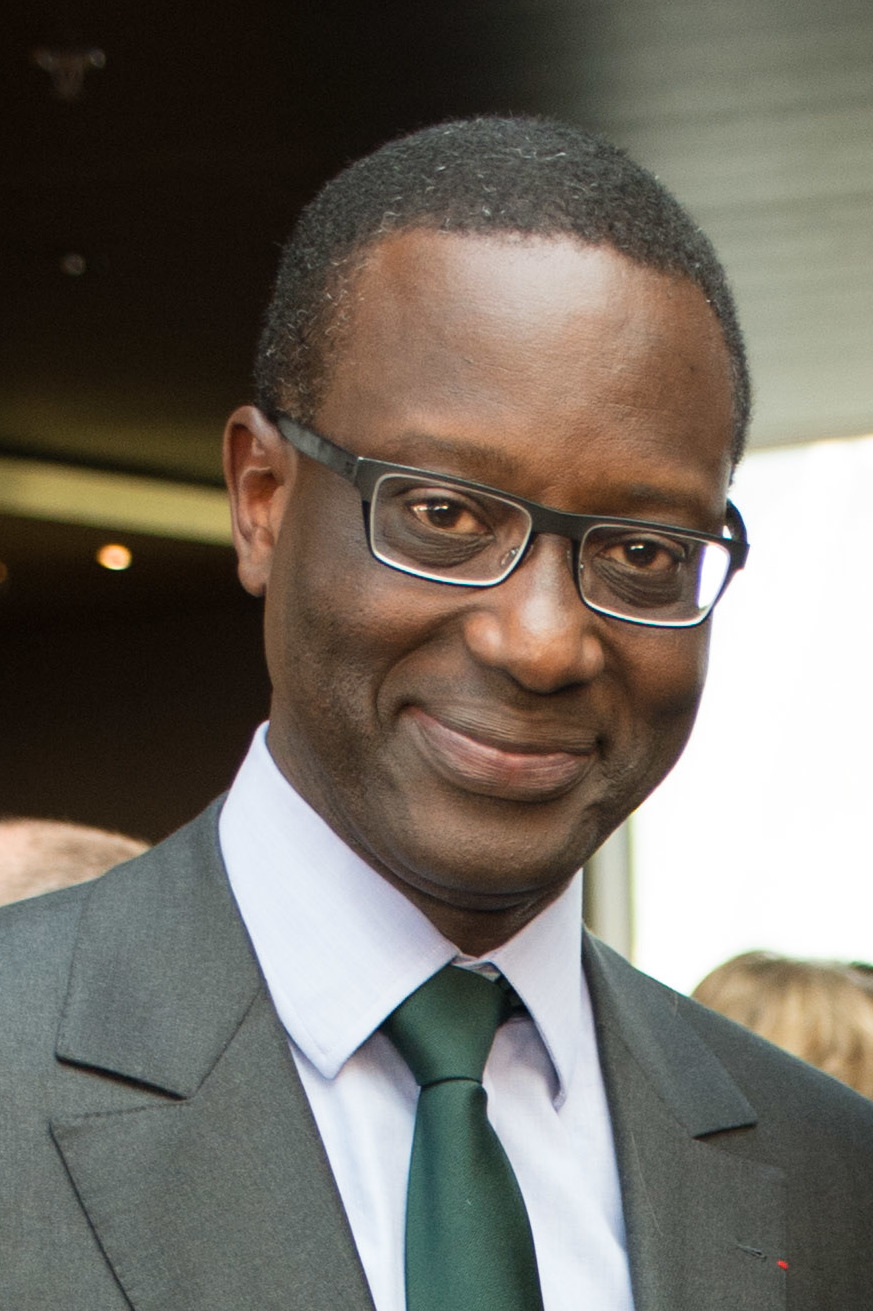A court in Abidjan has ruled that Tidjane Thiam, leader of the Democratic Party of Côte d’Ivoire and former CEO of Credit Suisse, is ineligible to contest the October presidential election due to nationality concerns. The Court of First Instance determined that Thiam forfeited his Ivorian nationality upon acquiring French citizenship in 1987, rendering him ineligible for the electoral roll.
The decision, issued on April 22, is final and not subject to appeal. It follows Thiam’s unopposed endorsement by the PDCI as its presidential candidate earlier this month. Despite renouncing his French citizenship in February—a move officially recorded in France’s legal journal in March—the court maintained that his Ivorian nationality had been lost decades prior and not reinstated.
Thiam, 62, has denounced the ruling as politically motivated, accusing the ruling party of manipulating the judiciary to sideline opposition figures. He has vowed to continue his campaign, asserting that the PDCI will not nominate an alternative candidate. “This is democratic vandalism,” Thiam stated, emphasizing his commitment to leading the country toward change.
The court’s decision has intensified political tensions ahead of the October 25 election. President Alassane Ouattara, in power since 2011, has not yet announced whether he will seek a fourth term. The 2020 election, which saw Ouattara secure a controversial third term, was marred by violence and an opposition boycott.
Under Article 55 of the Ivorian Constitution, presidential candidates must hold exclusively Ivorian nationality and be born to at least one Ivorian parent. While dual nationality is generally prohibited, exceptions exist for certain cases, such as automatic bestowal through marriage. Thiam’s acquisition of French citizenship in 1987, during his studies and subsequent career abroad, was deemed a voluntary act that nullified his Ivorian nationality under existing laws.
Thiam’s political journey has been marked by a return to Ivory Coast in 2022 after two decades abroad, during which he held prominent positions in international finance and served as a minister under former President Henri Konan Bédié until a 1999 coup. His leadership of the PDCI, a party founded by the country’s first president, Félix Houphouët-Boigny, was seen as a revitalization of the opposition’s prospects.

